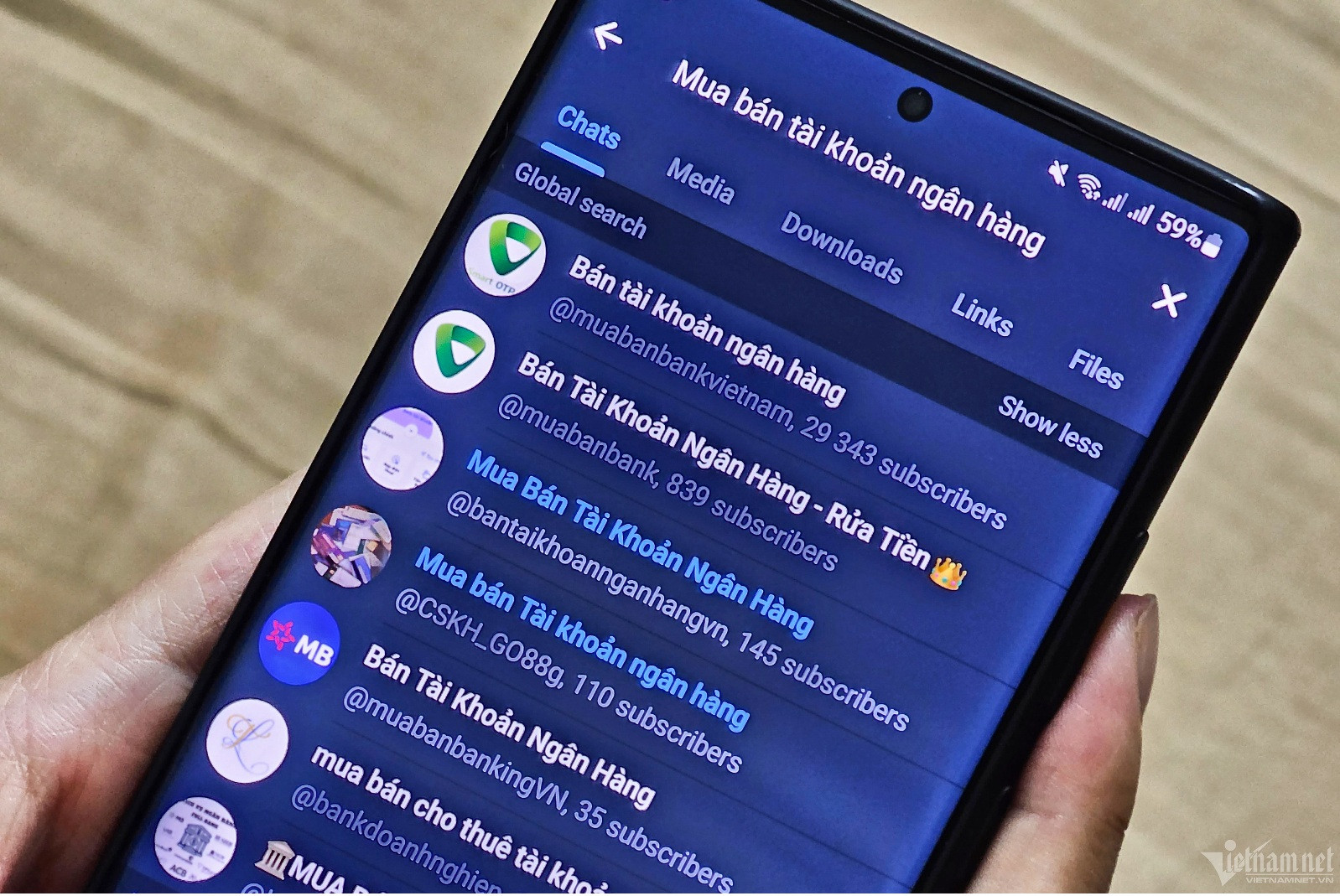
Vietnam’s upcoming Personal Data Protection Law will impose stricter regulations on data collection and privacy, including a ban on social media platforms requiring users to verify accounts with ID photos.
According to the draft law proposal, many organizations and businesses in Vietnam currently collect excessive personal data beyond what is necessary for their services, often lacking clear legal grounds for doing so.
New restrictions on unauthorized data collection
The law aims to protect citizens' personal data amid increasing concerns over data misuse and privacy violations. Some key issues highlighted in the draft include:
The widespread practice of collecting and processing personal data without user consent.
The lack of transparency in how personal data is used, stored, and transferred.
The growing black market for stolen personal data, often sold via Telegram and other online platforms.
Authorities have warned that data trading has become more public and sophisticated, with cybercriminals using chatbots and online forums to sell individual records. Some companies even set up unauthorized data collection systems for profit, embedding tracking software into websites and apps.
Social media platforms cannot demand ID card verification
One of the most notable regulations in the draft law is that social media platforms and over-the-top (OTT) messaging services will no longer be allowed to request national ID card photos for account verification.
Additionally, these platforms must:
Clearly inform users about what personal data is collected when they sign up.
Limit data collection to only what is necessary for providing their services.
Allow users to opt out of tracking mechanisms such as cookies and online activity monitoring.
Stronger protections against digital surveillance
The draft law also explicitly prohibits unauthorized call recording, eavesdropping, and text message monitoring. Under this regulation, any interception of private communications without user consent will be deemed a legal violation.
Vietnam’s government has intensified efforts to combat data breaches and unauthorized surveillance, reinforcing citizens' rights to privacy and data security. The draft law is part of a broader strategy to align Vietnam’s data protection policies with global standards.
If approved, the Personal Data Protection Law will place tighter restrictions on social media and digital service providers, ensuring greater transparency and control over personal information.
Trong Dat